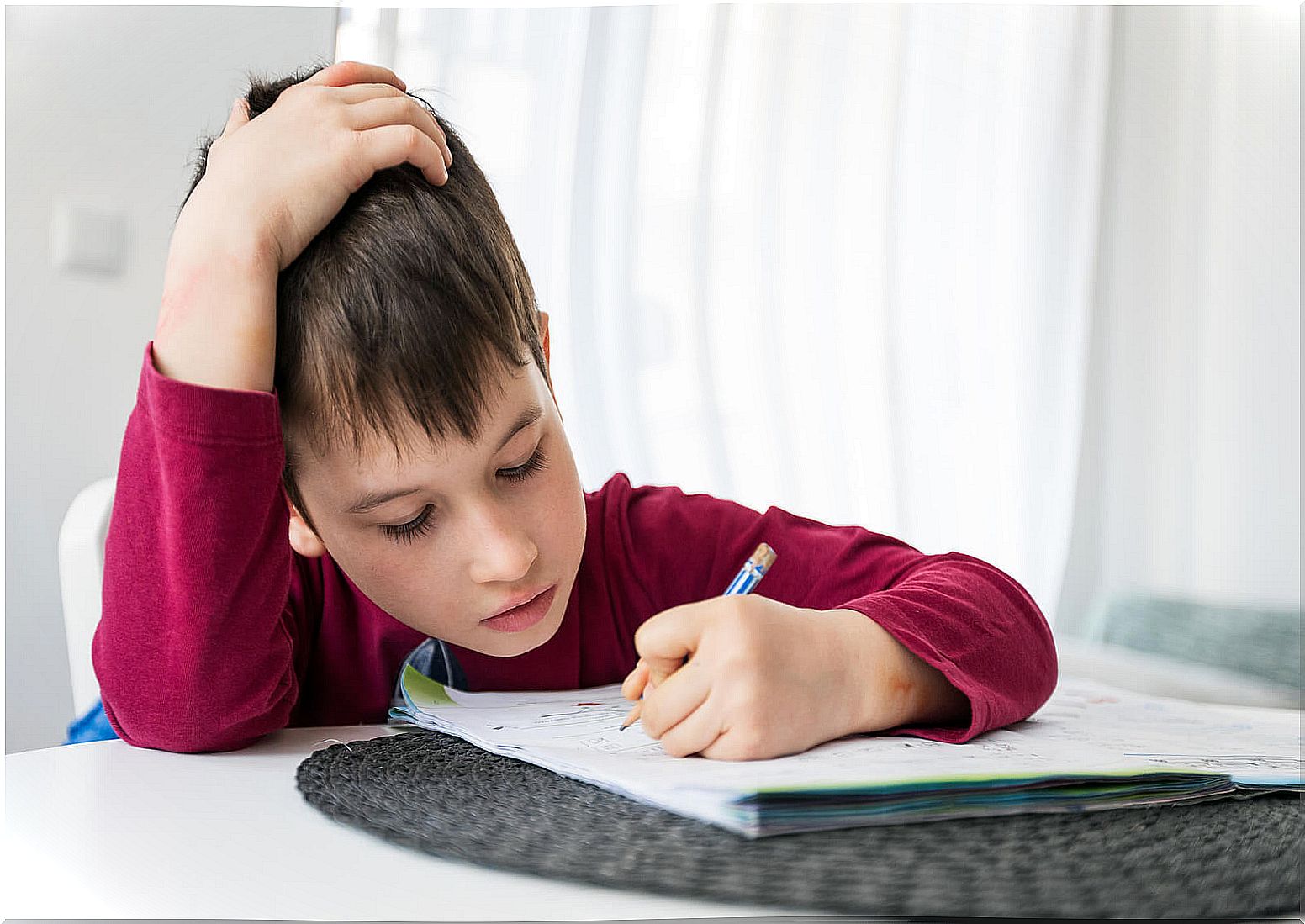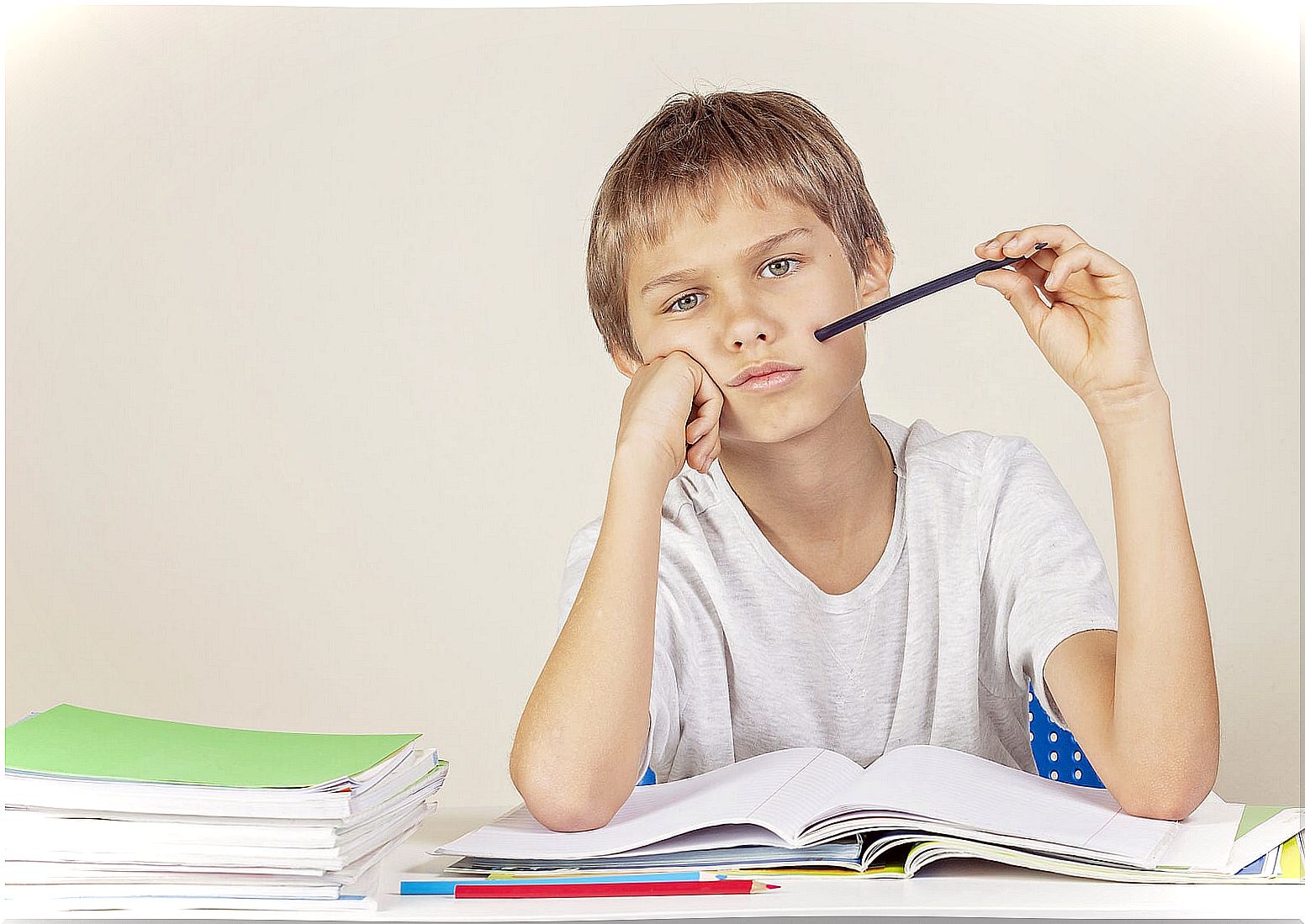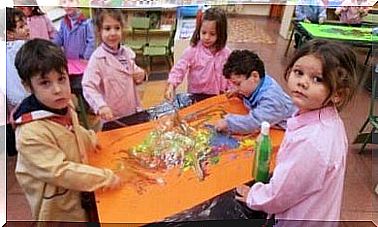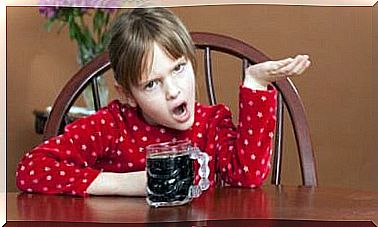What Is The Matthew Effect?

The term ‘Matthew effect’ has been used since the mid-20th century by sociology and psychology to explain the effect that people who have certain benefits end up getting more benefits, and how people who have fewer benefits also have fewer possibilities to be able to access these.
At first, this concept only referred to the accumulation of material goods, wealth or fame. But later this term was also used in other disciplines such as education, psychology and economics.
In the following lines we are going to explain what this effect is based on and how these inequalities can be explained.

Why is it called the Matthew effect?
This phenomenon owes its name to the biblical passage of the Gospel according to Saint Matthew, specifically to chapter 13, verse 12, which says “ to those who have, more will be given and they will have abundance; but from the one who does not have, even what he has will be taken from him ” .
This concept was used to explain the distribution of material or immaterial benefits, because those who have more have more, and vice versa. There have been many areas in which this term has been used to explain uneven distribution.
For example, used in the economic field, money, wealth or material goods are used as a parameter, but in other fields such as psychology and education it refers to values such as trust, social prestige, etc. So, it depends on the area in which you want to explain, different measurement parameters will be studied.
In this sense, we are now going to focus on the field of educational psychology to explain this phenomenon.
The Matthew effect on reading
The psychologist Keith Stanovich (1984) was the first to adopt this concept to explain the problems in reading and writing that he observed in his research. Children who have great reading skills from the beginning have greater advantages throughout their lives compared to those who do not have this ability.
This can be explained because those minors who fail in reading or have difficulties with it have motivation problems and loss of confidence in themselves. Therefore, they read less and end up distancing themselves quite a bit from their peers who have greater reading ability, since they read more and have greater motivation and self-confidence.
To all this is also added the different treatment of teachers to children with special educational needs, since they were offered less feedback, they were expected less to answer or they visited them at their tables less times Cooper (1983).
How to reverse the Matthew effect?
To reverse this effect, at school, teachers must encourage and help the children who need it most. And we parents should do the same at home. How?
- Spending time with them.
- Congratulating them on the achievements they achieve.
- Give them time when they have to answer a question that the teacher has asked.
- Motivate them to feel confident and capable of reaching goals.
- Do not always tell them what is wrong, because that way they will not try to improve. On the contrary, we must reinforce when they do it well.
- Do not make comparisons between colleagues ; each one is different and has different learning rates.
- Do not encourage competition between colleagues and that this is with himself, to improve every day.

With all this, we will ensure that there is equal opportunities for all children and that those who have not yet acquired a certain learning end up acquiring it and, in this way, they will get closer and closer to the rest of their classmates.
As for the Matthew effect …
You already know something more about the Mateo effect and the importance of educating children in participation and not in competition. It is in the hands of adults to correct those inequalities that sometimes arise among children and that are always fostered for better or for worse.
Therefore, we must help more those who need it the most or know the least, so that they can achieve their objectives and goals. If these little ones don’t get enough support, they will end up failing.










